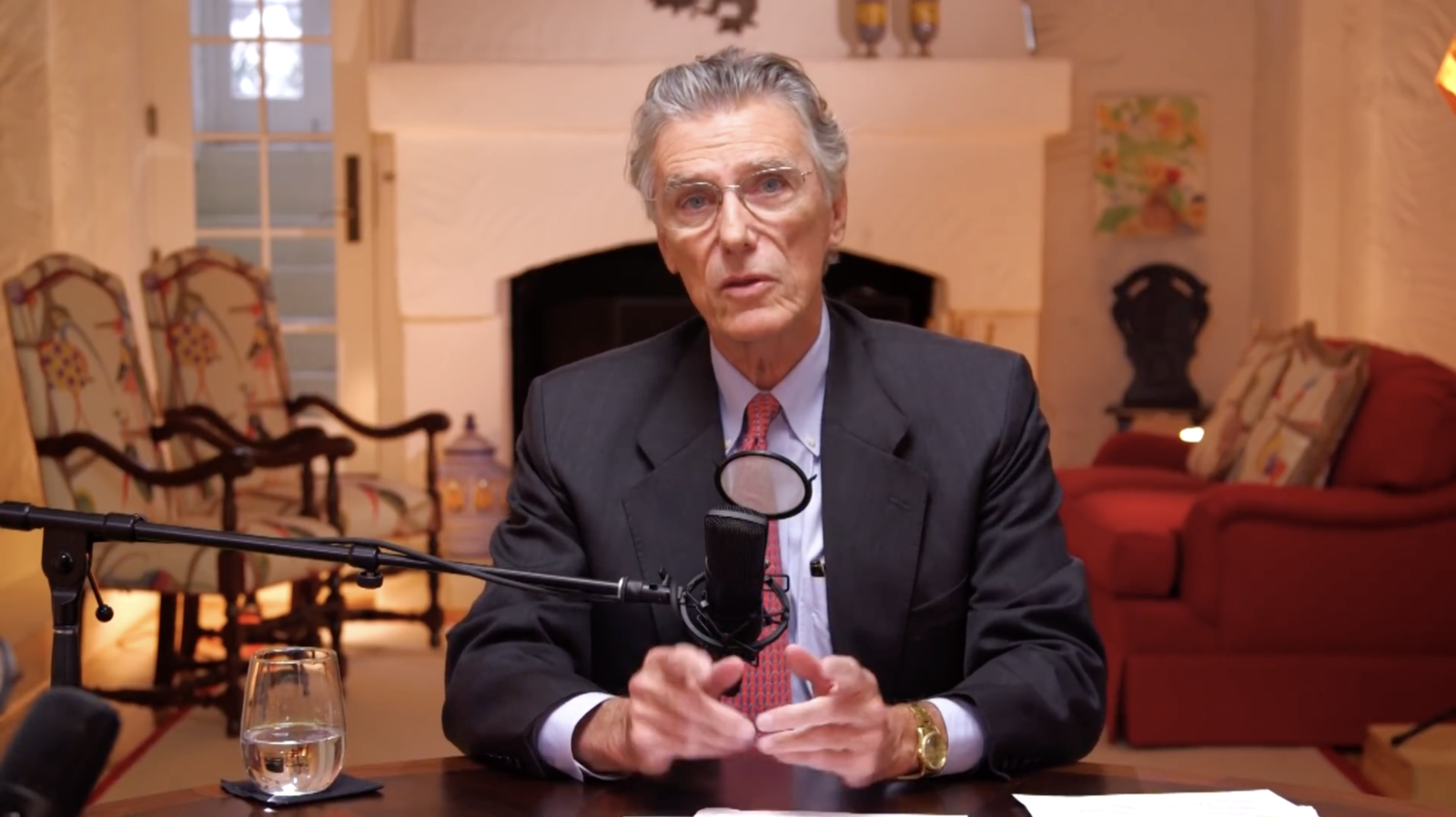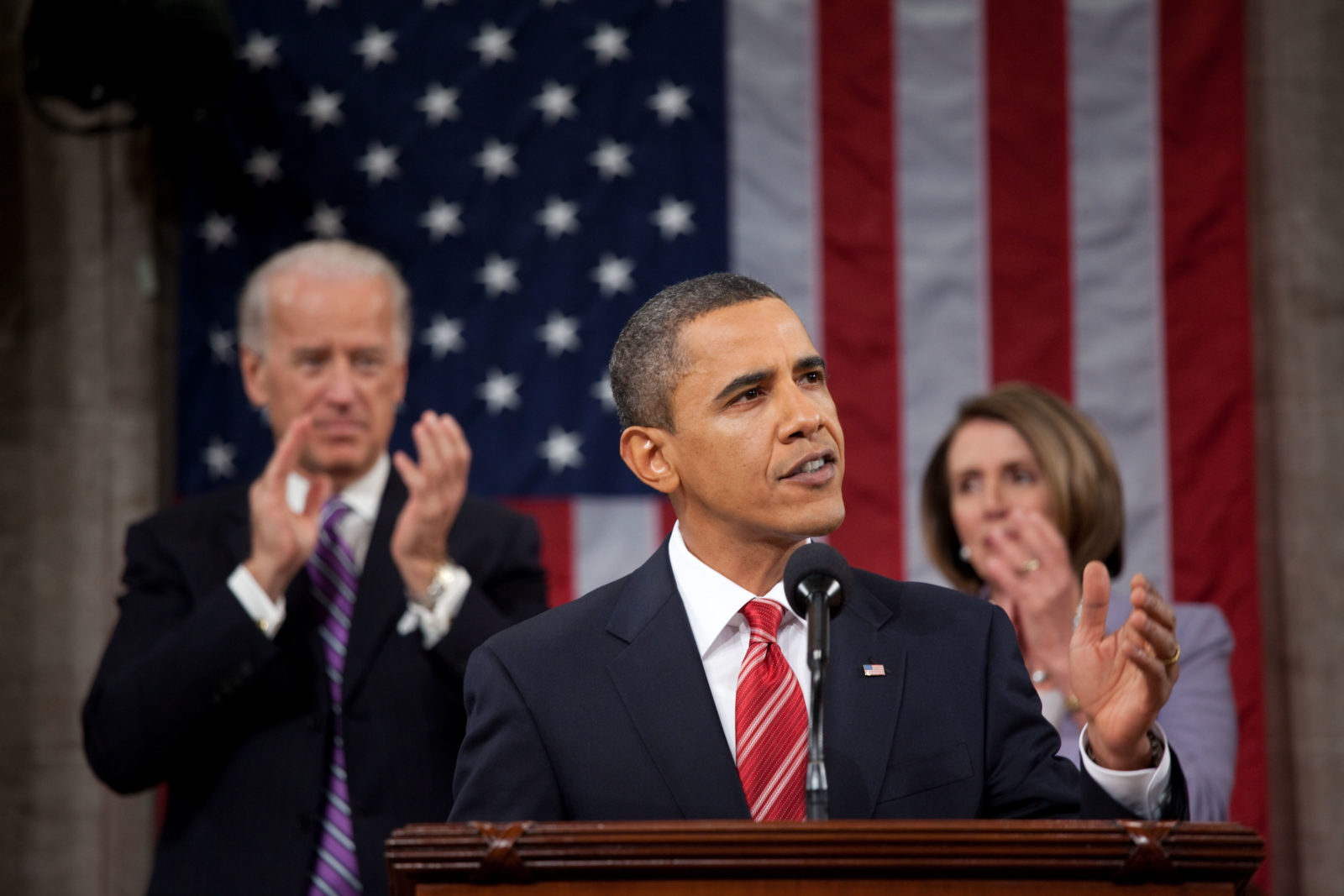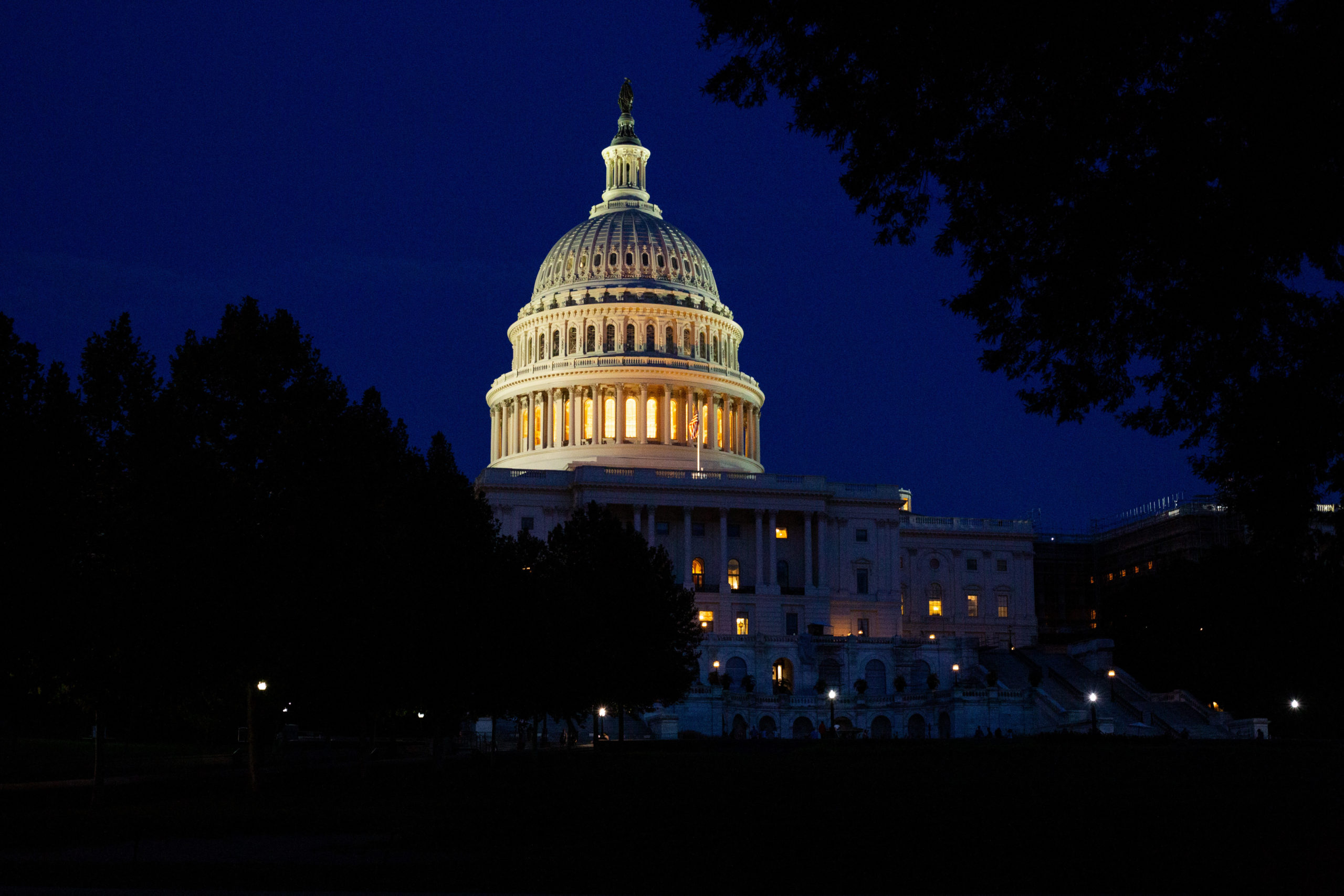

A Pox on SOX, It’s Bad for Stocks
Trump wants to cut red tape? He should start with the CFPB.
Writing at The Hill, Senior Fellow Jay Richards argues that President Trump should move to abolish the Consumer Financial Protection Bureau. The CFPB, a government agency created in 2011, was sold to the public as a fix to the causes of the 2008 financial crisis–but, in practice, is characterized by overreaching regulation with an unprecedented lack of oversight or accountability. Read Jay Richards’ article at The Hill.
US Drops to Lowest Point Ever in Index of Economic Freedom. Can Trump Improve It?
The U.S. has reached its lowest ranking ever in the Index of Economic Freedom, produced annually by the Heritage Foundation. The U.S. spent years in the top 10, but has been declining for years, and is now at number 17. Hong Kong maintains the top spot, although the city-state is officially part of the Peoples’ Republic of China. Other countries Read More ›

Trump’s Push for Deregulation
On day one President Trump surprised business leaders gathered at the White House, declaring U.S. regulations “out of control” and “in need of 75% or more reduction.” A week later, he boldly signed an executive order requiring repeal of two old rules for every new one that government agencies implement. The fact is that cutting regulations is as critical as Read More ›
FBI’s iPhone Request Threatens Innovation
Frustrated by its unsuccessful attempt to access the contents of an iPhone that was used by one of the San Bernardino shooting suspects in December, the FBI has obtained a court order requiring Apple’s cooperation. Although the FBI insists this is an exceptional request, limited to a single iPhone, in fact it has grave consequences for tech firms. Read DI Senior Fellow Hance Haney’s analysis at The Stream.
Why Net Neutrality Regulation is a Bad Idea
Writing at The Stream, Hance Haney, Director and Senior Fellow of the Technology & Democracy Project, gives his analysis of this week’s FCC ruling on net neutrality. Read his explanation of why FCC net neutrality regulation is a bad idea.

The State of the Union Is a Mess: Honesty Would Be a Good Start
With a new year often comes anticipation and optimism. And this year the State of the Union address will be in front of a new Congress — with a Republican majority in both the House and Senate.
President Obama’s State of the Union speech will likely have its smallest audience to date. That is the price any leader pays for being dissembling on a range of important issues — from Benghazi, to IRS targeting of conservative American non-profits, to keeping your doctor, trading the Gitmo 5 for deserter Bowe Bergdahl — and showing disrespect for the voting public. After all, when after the November 4 election results came in, and Obama said he heard the message of “two-thirds of the people who chose not to vote,” that was final confirmation of rigidity and denial that turns people off.
What America’s domestic and foreign policy failure both now have in common at the outset of 2015 is an “Alice in Wonderland” syndrome — where reality is turned upside down, where nonsense is passed off as truth, where disarray is a plan and stonewalling is an acceptable response.
Unfortunately there are no silver bullets to our current predicament in either domestic or foreign policy. What American people should demand now is not immediate results but more honesty in public discourse about the causes of our national decline and the need for new and different approaches that embrace realistic solutions grounded in principles and institutions that work and deliver measurable results.
On domestic policy, the first order is for Washington to acknowledge the absurdity of dealing with over-indebtedness by piling up more debt or fixing problems with more regulations. Any new legislation or executive order — like a free community college entitlement — that adds to the federal debt should simply be dead on arrival. Clearly a new monetary policy approach is needed by the Federal Reserve, whose six-year experiment with zero interest rates and money printing has left the poor and middle class entirely behind, while helping big government, Wall Street and corporate officers with big company stock awards get even richer. There is something wrong with Washington policy that has left the vast majority of Americans worse off than they were ten years ago.
Read More ›More bandwidth solves concerns
Net neutrality is simply a policy that forbids privately owned broadband networks from discriminating in how they provide transmission for producers of any legal content. We’ve had a successful de facto net neutrality policy in place for the better part of 20 years. So what’s all the fuss? Some believe the policy should be expanded, with the Federal Communications Commission Read More ›

Strangling Deregulation
Before the Federal Communications CommissionWashington, D.C. 20554 In the Matter of Petition To Establish ProceduralRequirements To Govern Proceedings forForbearance Under Section 10 of theCommunications Act of 1934, as Amended ))))) WC Docket No. 07-267 COMMENTS OF HANCE HANEYDIRECTOR & SENIOR FELLOW – TECHNOLOGY & DEMOCRACY PROJECTDISCOVERY INSTITUTE The Petition filed by Covad Communications Group, NuVox Communications, XO Communications, LLC, Cavalier Read More ›